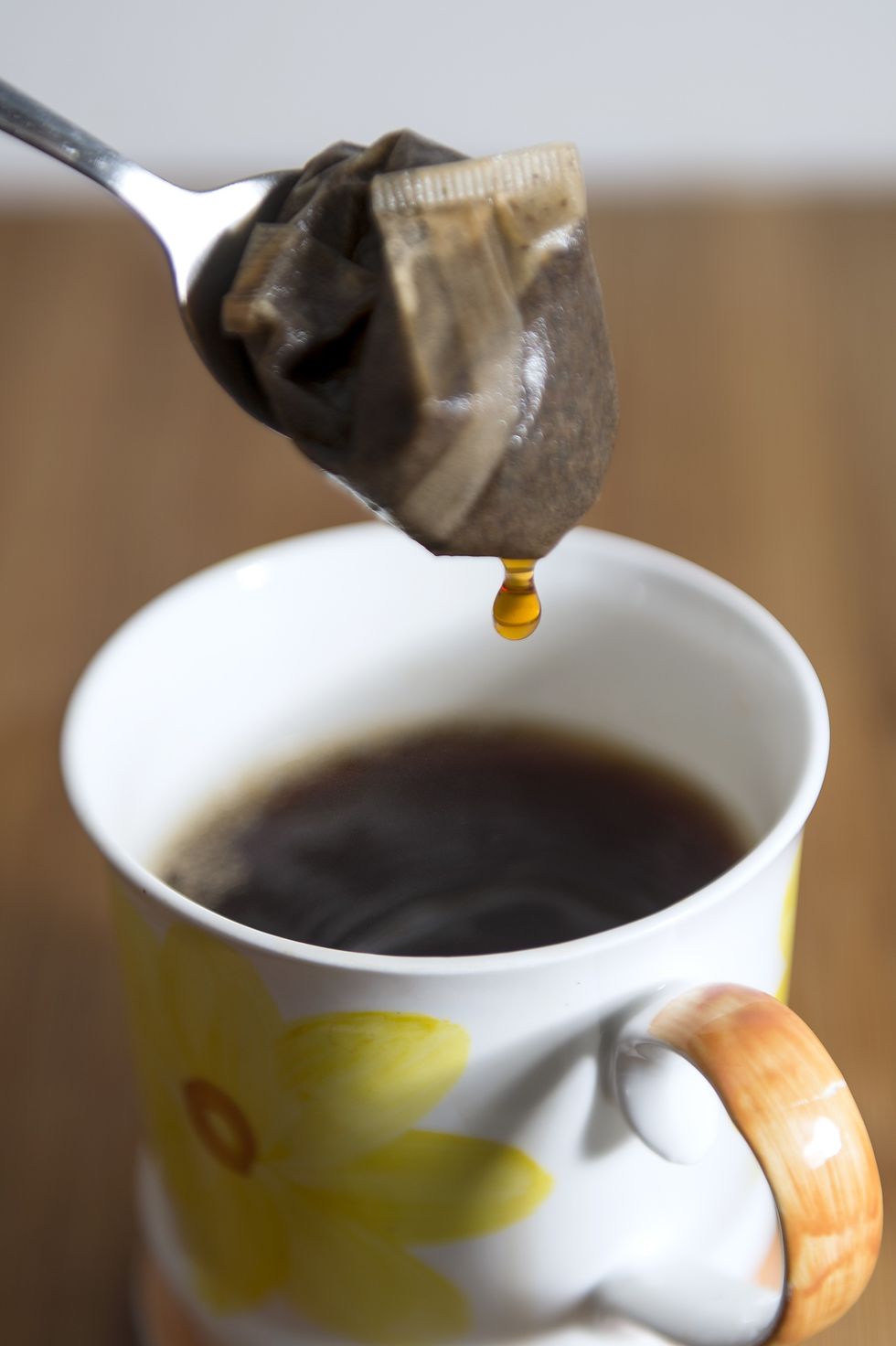Tea prices soar by 20% as extreme weather disrupts harvests

The price of tea is set to rise
| Getty
Indian tea has seen its price skyrocket due to heatwaves and flooding
Don't Miss
Most Read
Latest
Tea prices have soared by 20 per cent as extreme weather has been disrupting harvests.
Britons drink an average of 100 million cups day, which is around 36 billion a year.
The only countries that drink more than the UK are the Republic of Ireland and Turkey.
However, the cost of tea on supermarket shelves has already jumped up by 11 per cent over the past year.
 The price of tea is set to rise | Getty
The price of tea is set to rise | GettyAccording to the Office for National Statistics, the average price of a packet of 80 bags costs £2.64, up from £2.37 this time last year,
India is one of the largest producers of tea, with the UK being its top export destination.
According to India's Tea Board, heatwaves and flooding have driven the average price of Indian tea leaves to more than £2 per kg, up almost 20 per cent on last year.
Prabhat Bezboruah, a senior planter and a former chairman of the Tea Board, said: “Extreme weather events are hurting tea production.
LATEST DEVELOPMENTS:

Britons drink an average of 100 million cups day, which is around 36 billion a year
| PA"Excessive heat in May, followed by flooding in Assam, are reducing output.”
The region of Assam accounts for more than half of India's tea output.
In addition to the extreme weather, tea production has been affected by the Indian government's ban on 20 pesticides.
Bezboruah predicts that the problems will push up the wholesale price by between 16 per cent and 20 per cent this year.

The only countries that drink more than the UK are the Republic of Ireland and Turkey
| PALast year saw 1.394billion kgs of tea produced in India - a record number.
However, this year that number was fallen drastically by about 100million kgs - a figure of about seven per cent.
May saw such high levels of flooding that the country produced its lowest quantity for that month in more than a decade, with just 91million kgs.










